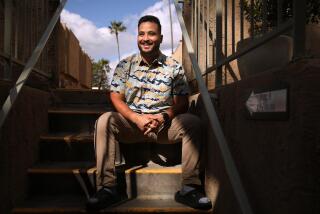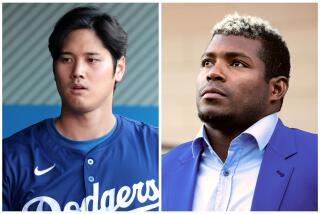Chasing Lance Armstrong
Say there’s no chance, Lance.
Doping allegations against cycling champion Lance Armstrong are nothing new — over the last decade, former teammates have testified that he took and supplied them with banned substances, questionable test results have surfaced and conspiracies involving Armstrong’s contributions to cycling’s governing body have been alleged. Yet the latest charges by the U.S. Anti-Doping Agency may represent the most serious threat to date to Armstrong’s legacy, because the USADA has the power to strip him of his past titles and the credibility to tarnish his name forever.
Coincidentally, the accusations against Armstrong, including test results from 2009 and 2010 that the USADA says are “fully consistent with blood manipulation,” arise as another American sports icon, pitcher Roger Clemens, is awaiting a jury verdict on charges of perjury for allegedly lying to Congress about his steroid use. And Armstrong and Clemens are far from unique. In fact, their two sports, cycling and baseball, seem to have been awash in performance enhancing drugs at the time the two champs were at the top of their games, leading some to question why the courts or sporting associations should even bother to pursue such cases. After all, if Armstrong and Clemens were competing against athletes who were doped up, what difference does it make if they too were riding the needle?
The answer is that not everybody was doped up. Steroids, human growth hormone, testosterone, EPO (an endurance-boosting drug allegedly used by Armstrong) and other banned substances give some athletes an unfair advantage over others who play by the rules. It is cheating, and failing to punish cheaters changes the nature of sport from an event that tests the limits of human physical achievement to one that tests the best chemist.
The worst days of doping are, we hope, behind us. So many Tour de France winners have had their titles stripped and been banned from competition because of illegal drug use that the dangers of cheating should, by now, be obvious to all competitors. But then, that’s the point: Without investigations like the one underway against Armstrong, cycling, and baseball, would surely be as dirty as ever. Armstrong calls the USADA’s probe an unfair “vendetta.” Actually, it does credit to the sport, even if it concludes that there was no wrongdoing.
It’s disheartening to see so many sports heroes humbled, and for our part, we hope Armstrong is innocent — not only because we’d like to believe that his remarkable achievements were legitimate, but because his story as a testicular cancer survivor who went on to become one of the most successful athletes in history has inspired millions battling their own cancers. But if he’s guilty, there are no good excuses.
More to Read
A cure for the common opinion
Get thought-provoking perspectives with our weekly newsletter.
You may occasionally receive promotional content from the Los Angeles Times.






